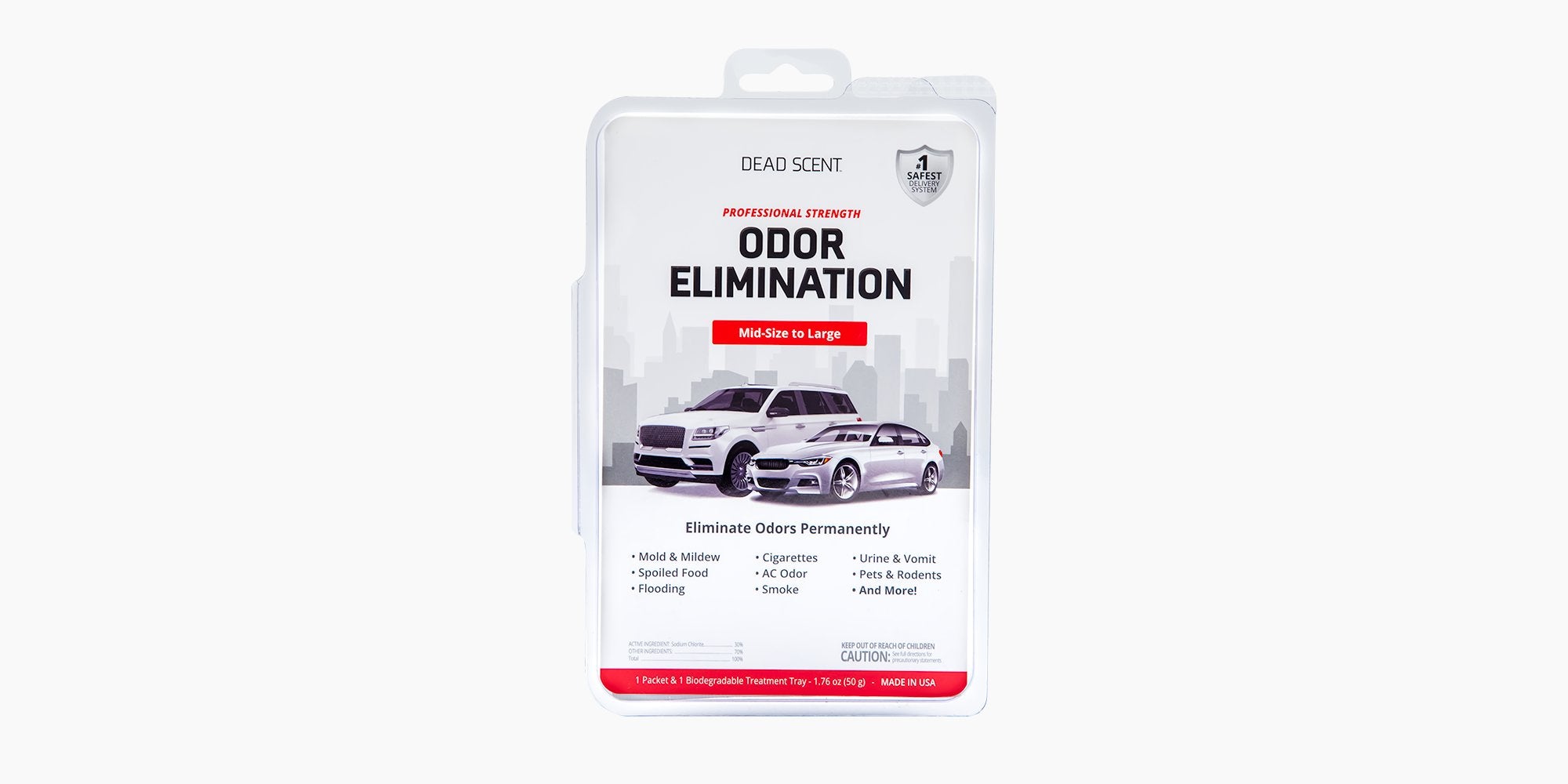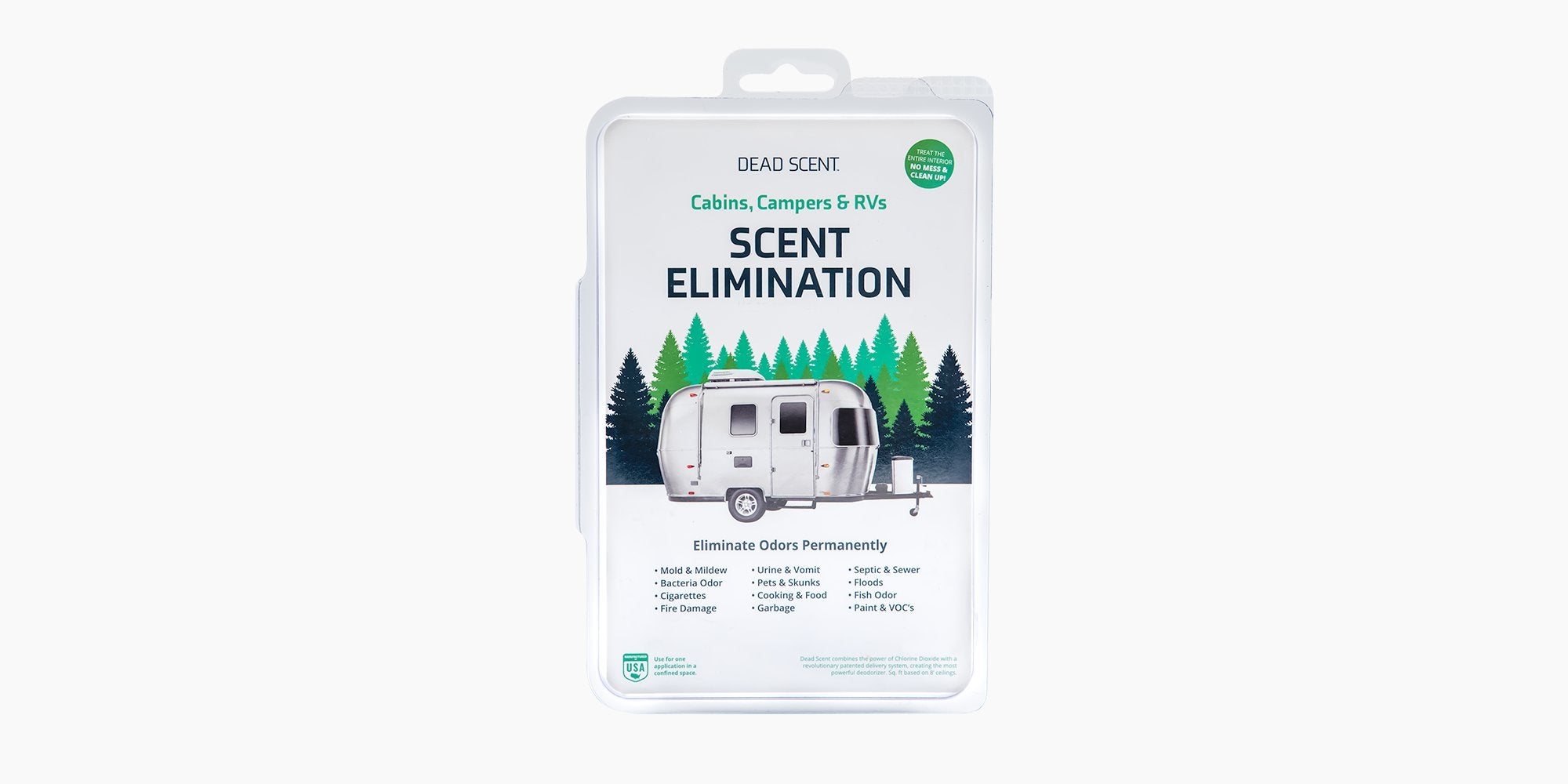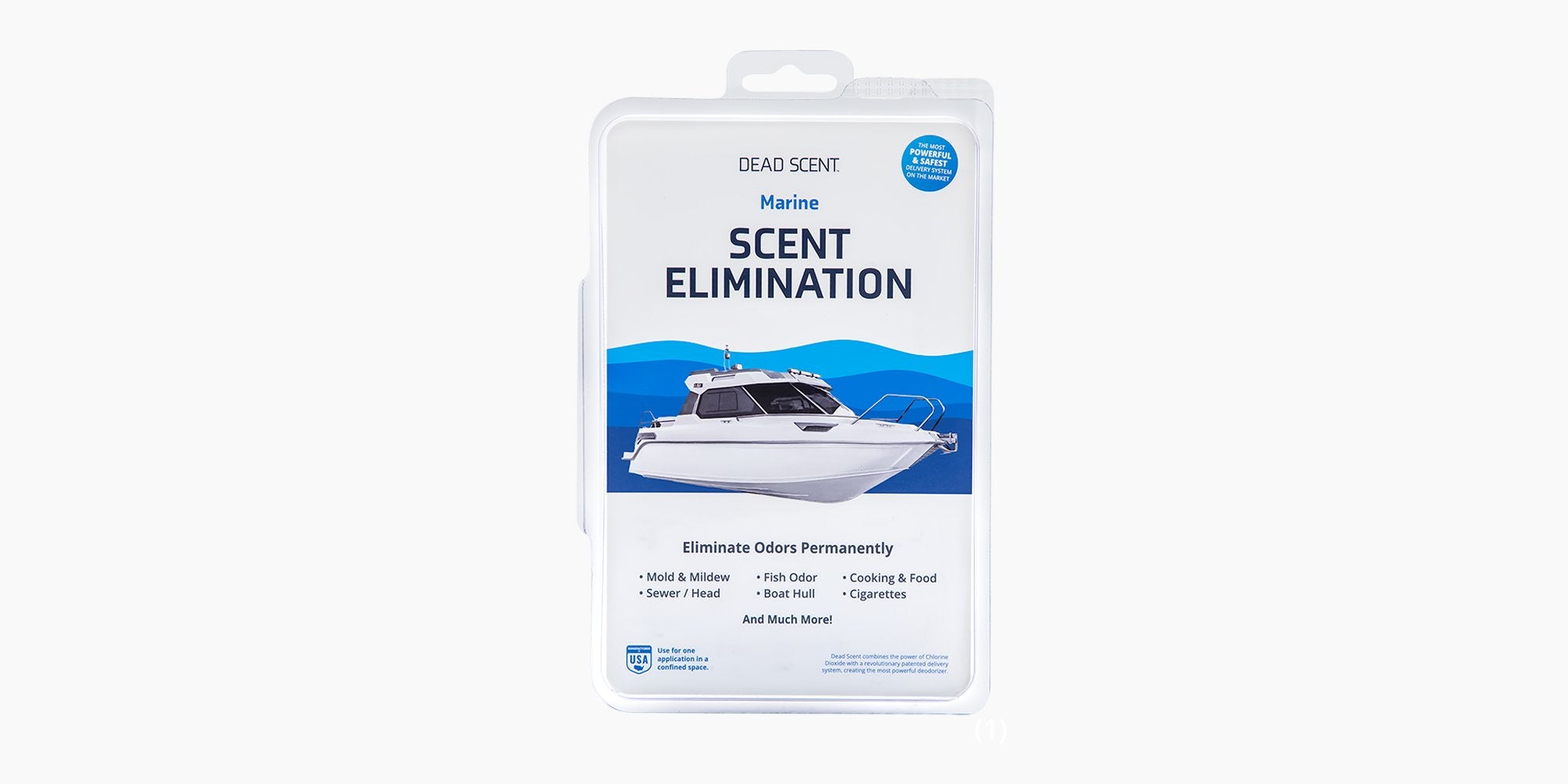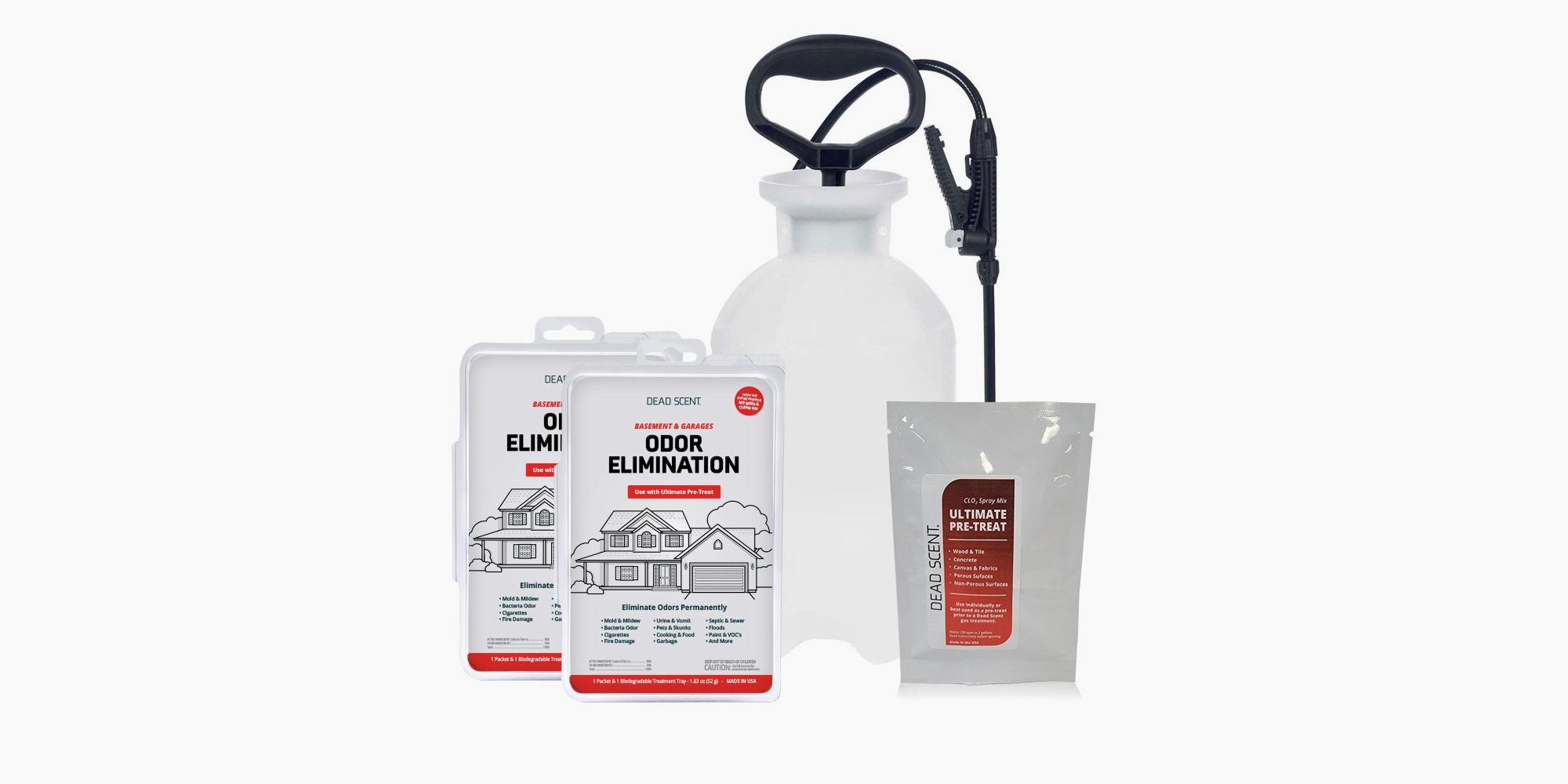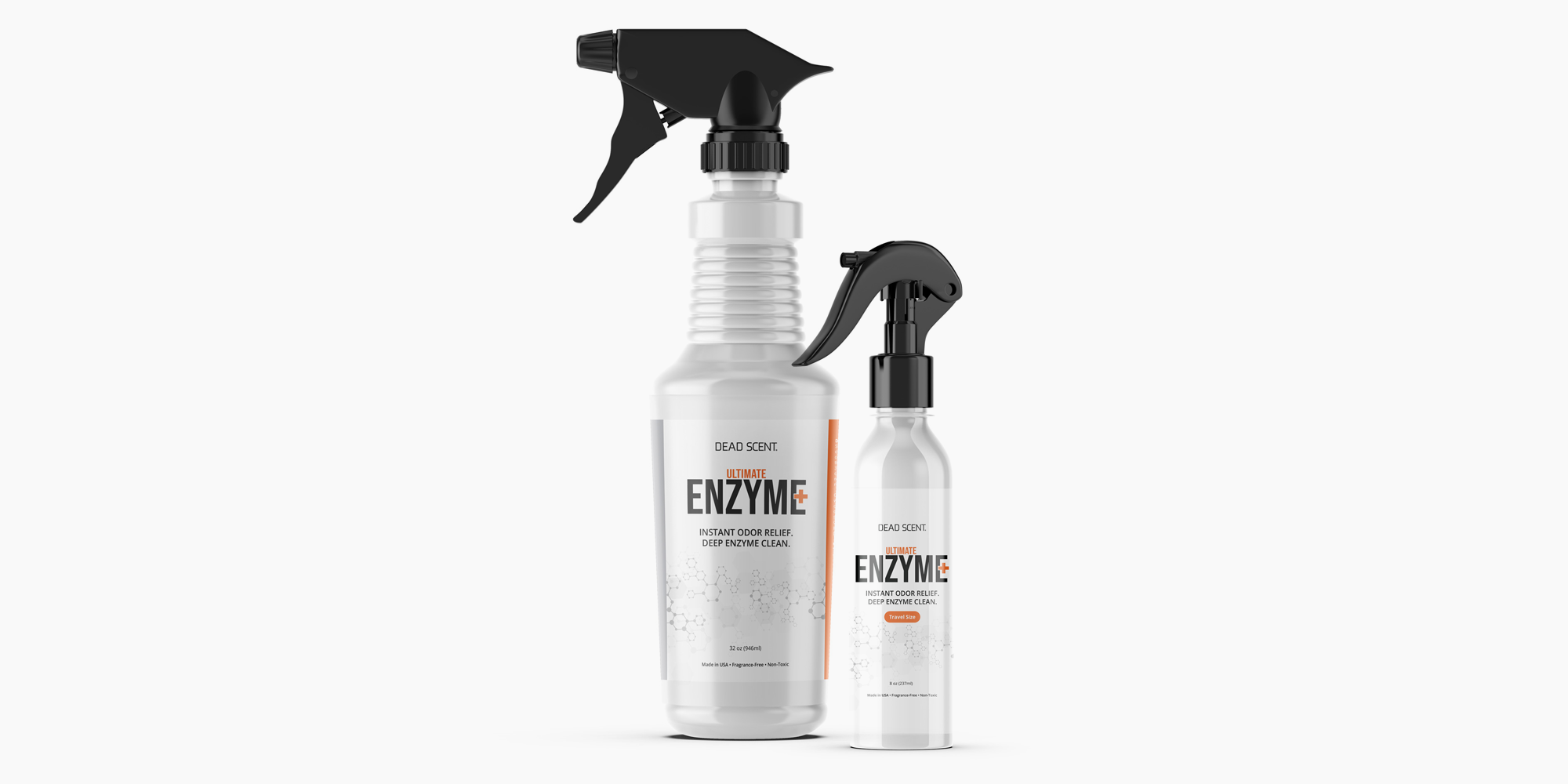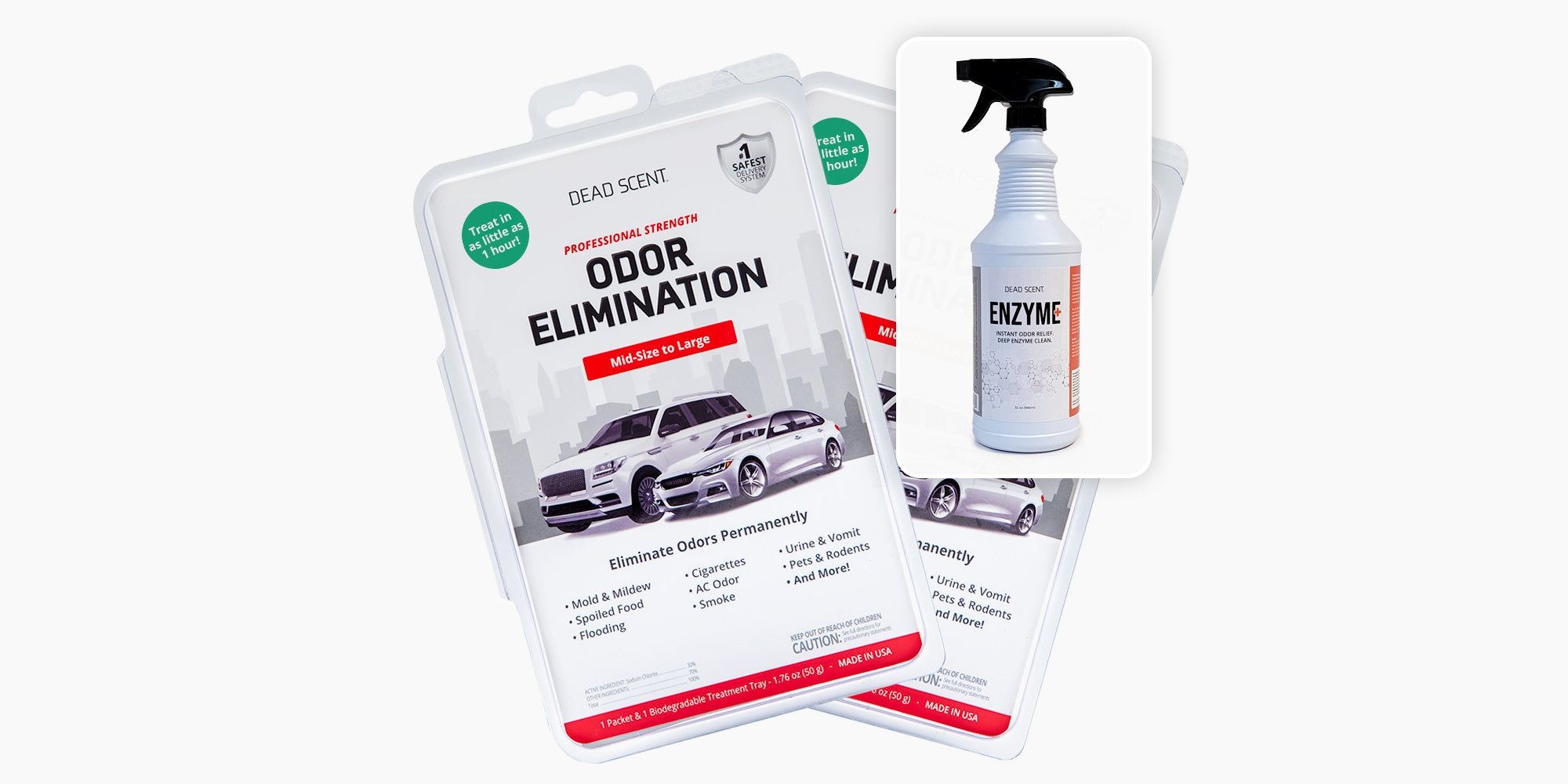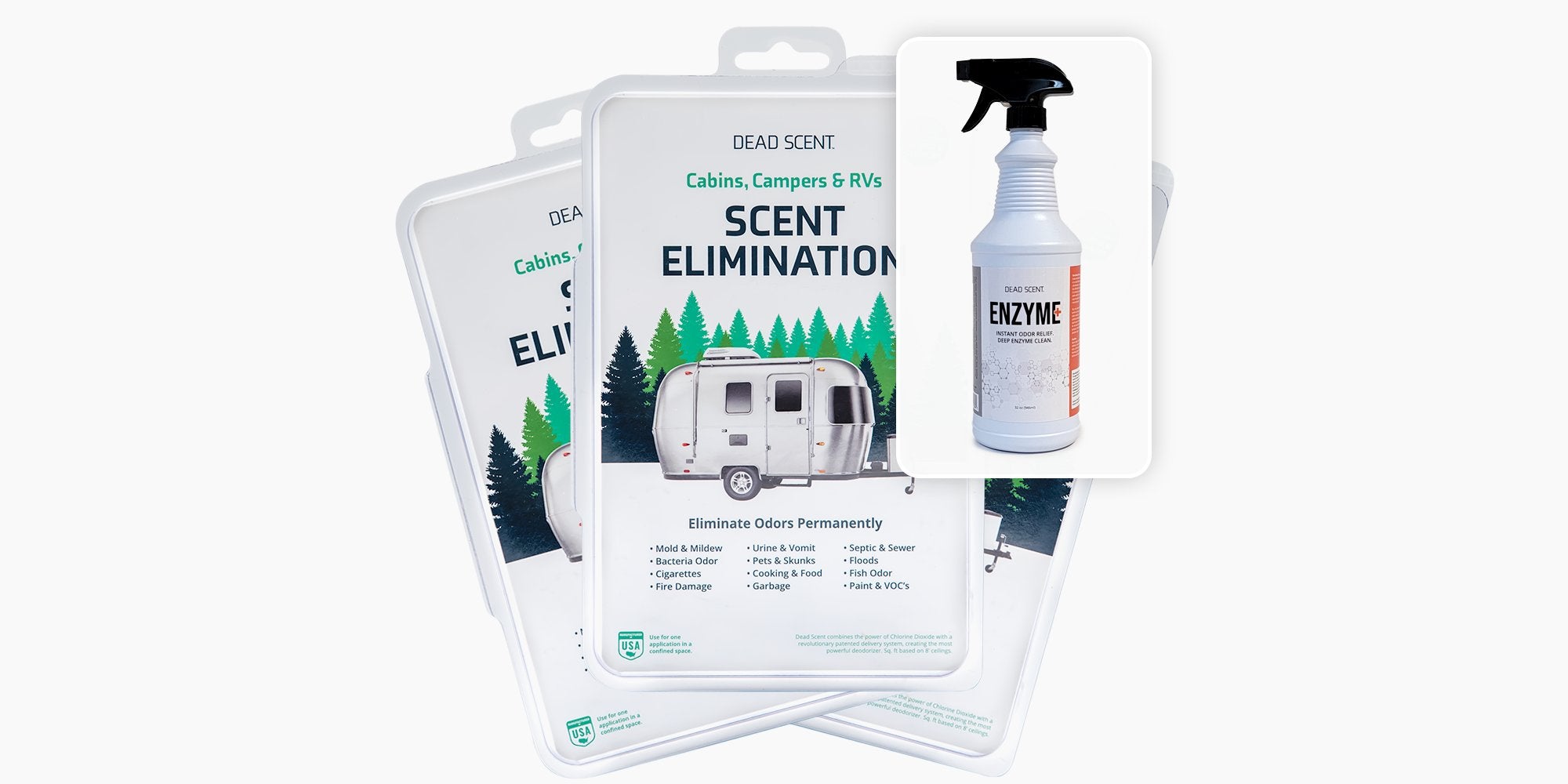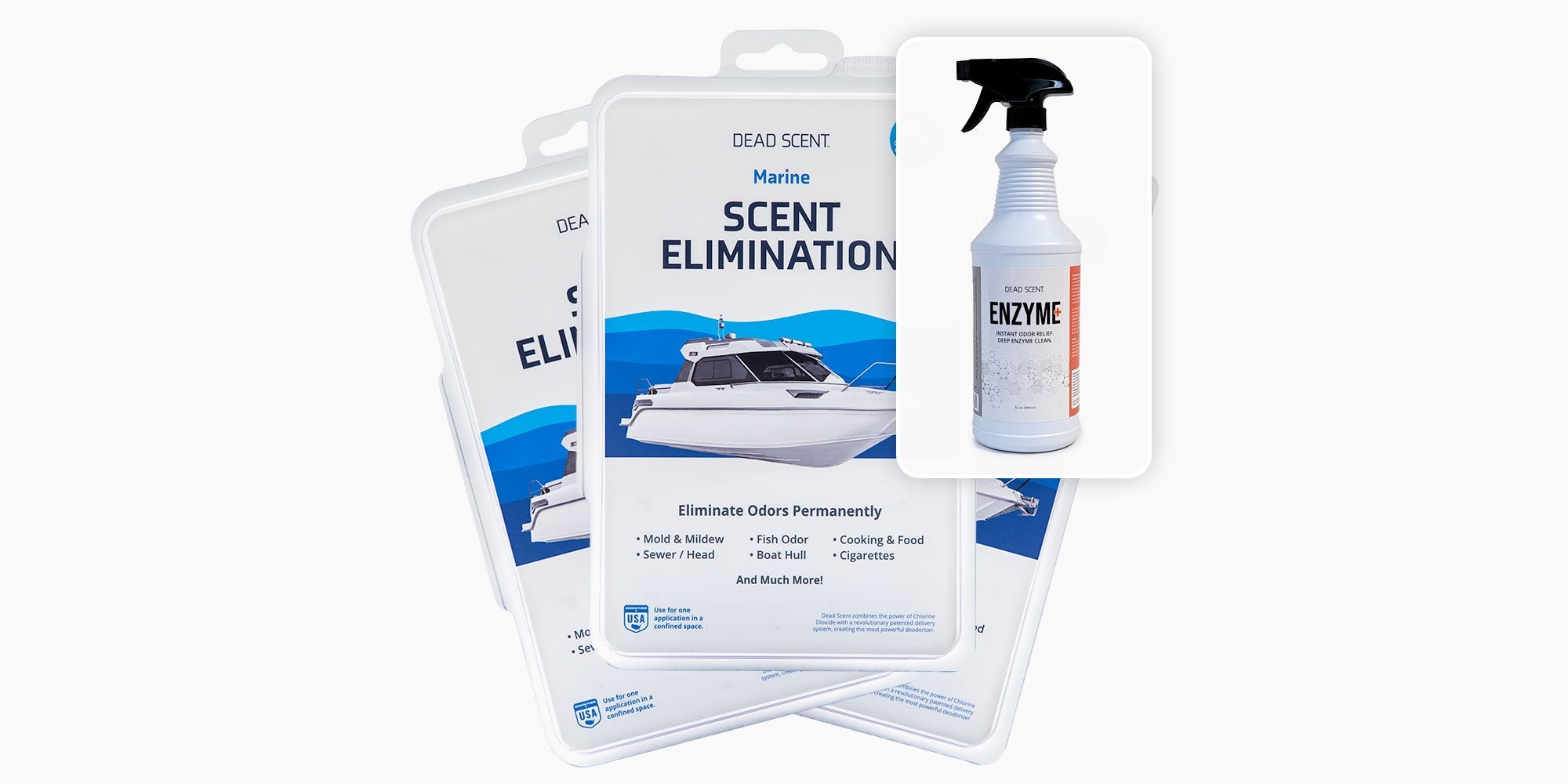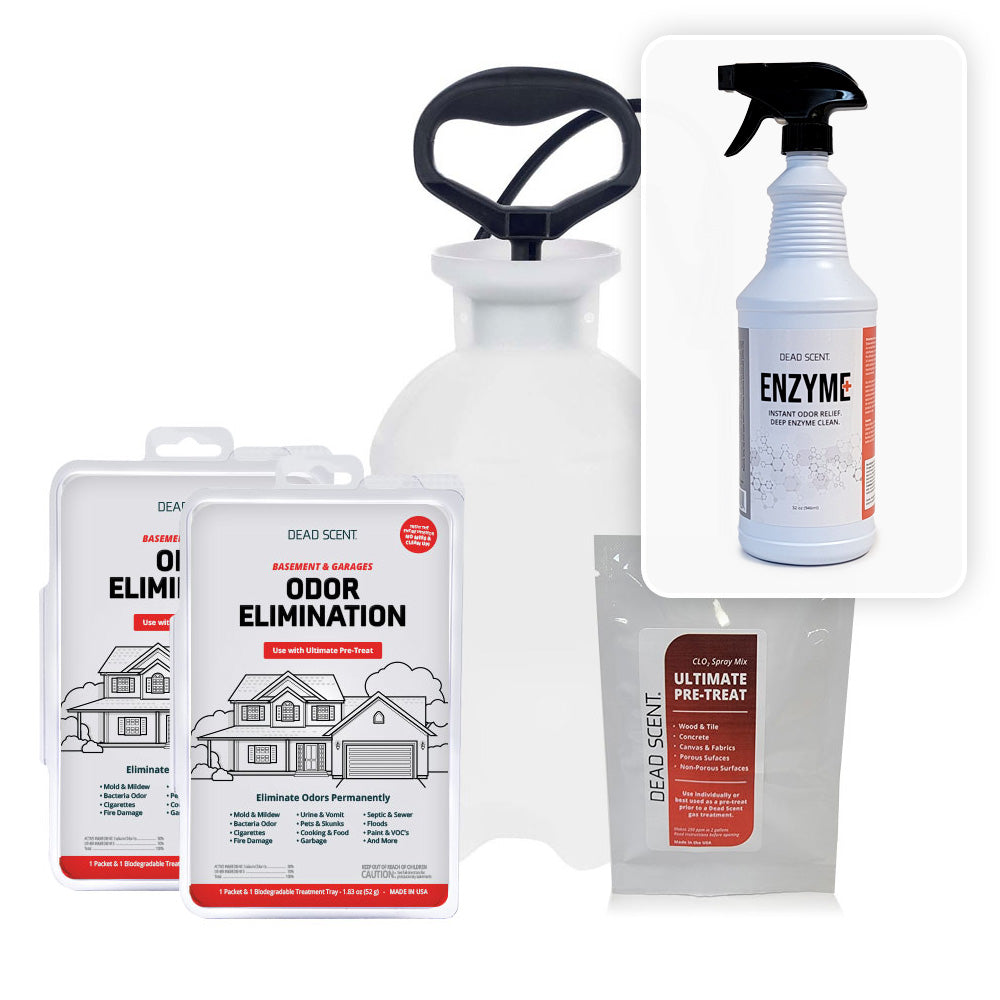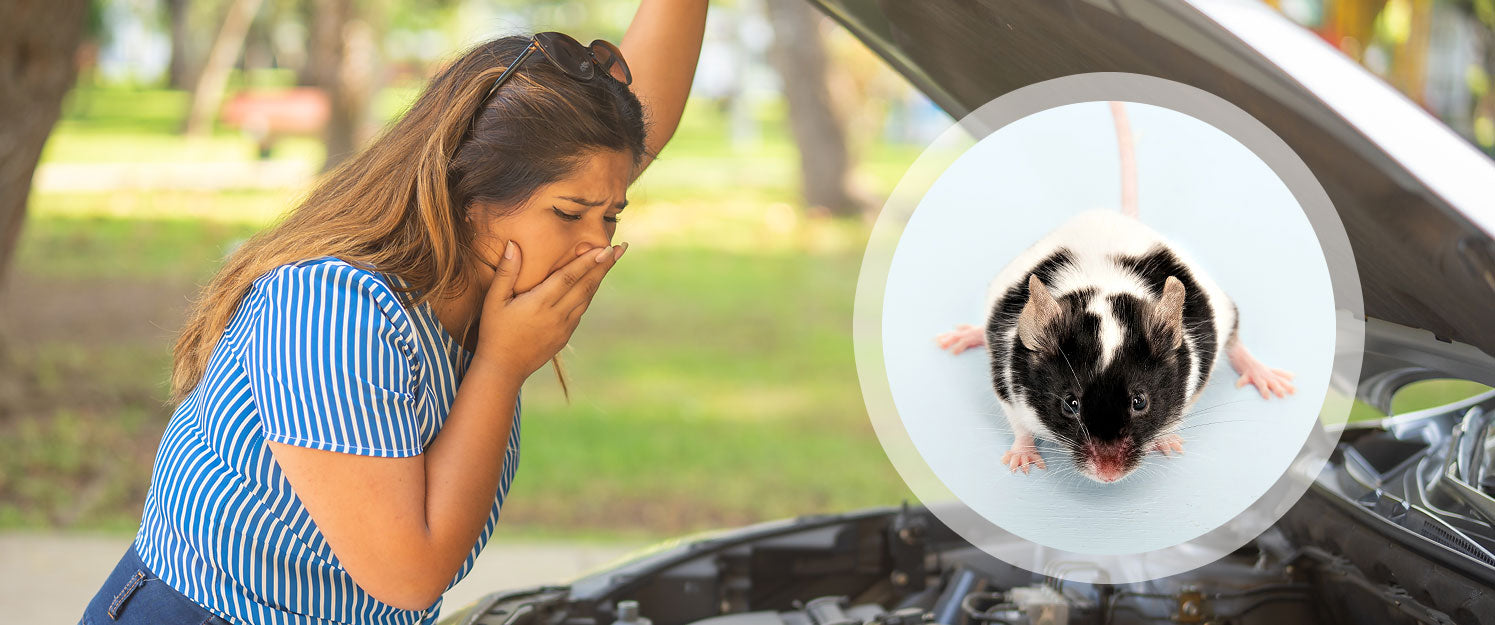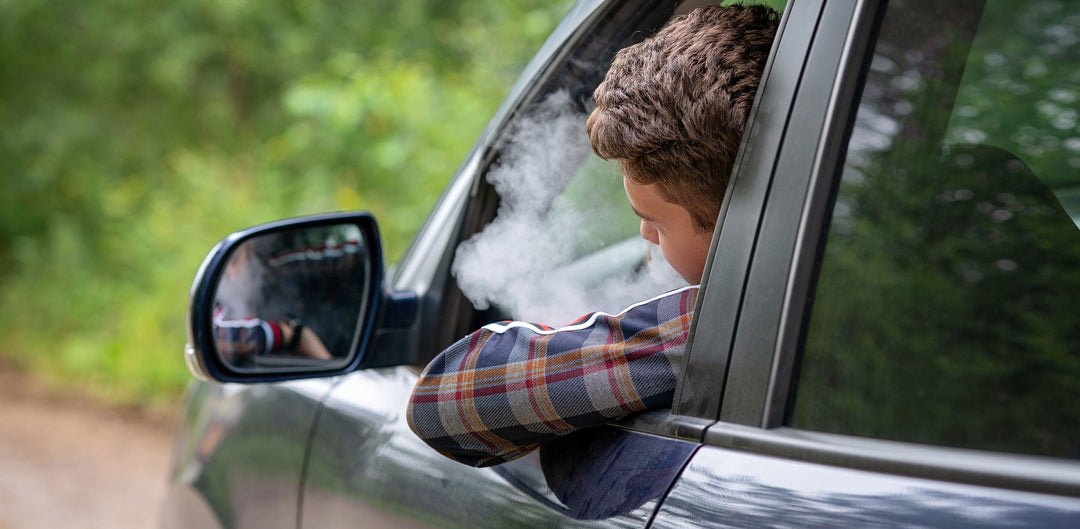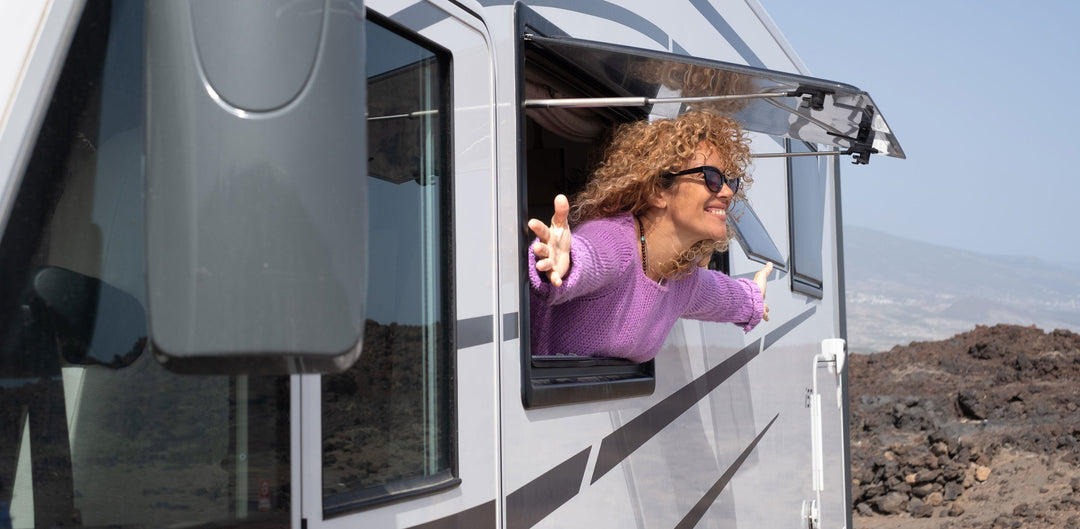Discovering a rodent has met its untimely demise inside your car can be a disheartening experience. The foul smell and potential mess can be overwhelming, leaving you unsure of how to handle the situation. While it's unfortunate, it's not uncommon for rodents to seek shelter in vehicles, leading to ill-fated outcomes. In this article, we will guide you through the steps to effectively handle the situation when a rodent dies inside your car, helping you restore the comfort of your beloved vehicle.
1. Identify the Problem
The first step is to recognize that there is indeed a problem. If you notice a strange odor or see evidence of rodents, like chew marks on your car's interior or droppings, there's a chance that a rodent may have taken shelter inside your vehicle. Identifying the problem early will enable you to take prompt action, minimizing potential damage and discomfort.
2. Locate the Source
Finding the exact location of the deceased rodent is crucial for resolving the issue. Begin by thoroughly inspecting the interior of your car, paying attention to small spaces and crevices where rodents may hide. Common areas to check include the engine compartment, trunk, and interior gaps. If you're having trouble locating the source, seeking assistance from a professional mechanic or pest control expert is a wise choice.
3. Protect Yourself
It's essential to take precautionary measures to protect yourself from potential health hazards when handling a deceased rodent. Wear gloves and a face mask while working on your car to avoid direct contact with any bacteria or parasites that may be present. Additionally, keep your car doors open during the process to ensure proper ventilation.
4. Remove the Deceased Rodent
Once you have located the rodent, carefully remove it from your car. Use a plastic bag or disposable gloves to avoid direct contact. Place the rodent in a sealed bag and dispose of it properly. Check local regulations for guidelines on disposing of deceased animals, as it may vary depending on your location.
5. Clean and Sanitize the Affected Area
After removing the rodent, thoroughly clean and sanitize the affected area. Use a mild detergent mixed with water to wipe down the surfaces. For fabric areas like carpets or seats, consider using an enzyme-based cleaner specifically designed to break down organic matter and neutralize odors. Be sure to follow the manufacturer's instructions for safe and effective usage.
6. Eliminate the Odor
Chlorine dioxide, like Dead Scent odor eliminator, is considered the best way to rid dead rodent odors in a car due to its exceptional odor-neutralizing properties. This powerful gas penetrates deeply into the car's interior, effectively breaking down the organic compounds responsible for the foul smell. Unlike traditional air fresheners that merely mask the odor, chlorine dioxide eliminates the source, ensuring a long-lasting and thorough deodorization. It also leaves no residue, making it safe to use on various surfaces without causing any damage. Additionally, chlorine dioxide is non-toxic when used as directed, making it a safe and efficient solution to tackle the unpleasant aftermath of a deceased rodent in your car.
7. Prevent Future Infestations
Preventing rodents from entering your car in the future is crucial. Take the following steps to reduce the likelihood of a recurrence:
- Regularly inspect and maintain your vehicle: Check your car for any openings or gaps where rodents could enter and have them sealed by a professional if necessary.
- Keep your surroundings clean: Remove any potential food sources, such as crumbs or leftovers, from your car.
- Use rodent deterrents: Consider placing natural deterrents, like peppermint oil-soaked cotton balls, or electronic repellents in and around your vehicle.
Dealing with a rodent that has died inside your car may not be the most pleasant experience, but by following these steps, you can efficiently address the situation and prevent future occurrences. Regular maintenance, cleanliness, and being proactive in rodent prevention will help keep your car free from unwanted furry visitors, ensuring a safe and comfortable driving experience.
